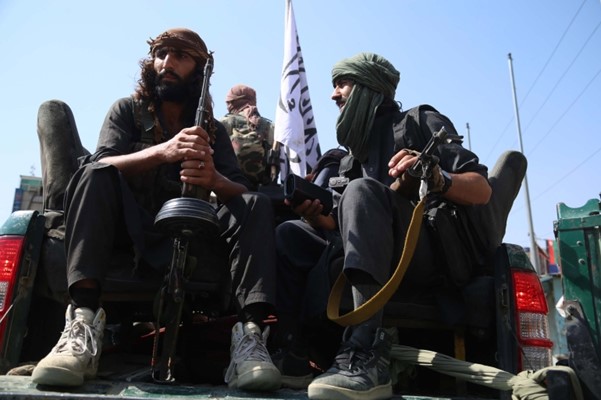
Afghanistan’s Throes Of Instability And Conflict

Introduction
Afghanistan, the ‘graveyard of empires,’ has experienced continuous conflicts and instability within its borders and with Pakistan and Iran. The Taliban has enforced strict rules on ordinary Afghans, leaving them no means to evade their oppressive regime. Simultaneously, hostile factions and international power brokers have frequently challenged their authority. The Islamic State in Khorasan Province (ISKP) has emerged as a significant jihadist rival, determined to seize absolute power.
Pak-Iran Crisis
Since its takeover of Kabul, the Afghan Taliban (AT) has navigated through multiple challenges involving its neighbours.
On the one hand, AT has proven dismissive of persuasive attempts and threats from Islamabad to rein in the Tehreek-e-Taliban Pakistan (TTP) or the Pakistani Taliban. This has been a transformative shift in the Talib-Pak relationship from strategic allies to an unwittingly unrestrained partnership.
It could hold that with the rise of an obscure terrorist outfit, Tehreek-e-Jihad Pakistan (TJP) in February 2023 (which has claimed at least three attacks since then), might also find safe haven in the Afghan territory. This relatively unknown organisation, attributed by some to be somewhat a front for TTP, has followed in the latter’s footsteps and targeted the state and security personnel in places such as the Khyber Pakhtunkhwa province. TJP has also targeted Balochistan. If the ethnic component, i.e., Pakhtun identity, binds the TJP, TTP, and AT, it would presumably mean that the kinship drawn due to this would guarantee them refuge across vast swathes in Afghanistan should the federal government redirect its cannons towards TJP.
Moreover, as is well known, no Afghan government to this day has accepted the Durand Line’s legitimacy, disputing the legality of the colonial-era boundary, which forged a territorial divide between the Pakhtuns on both sides of the border. This even applies to Afghanistan’s interim regime. Ambition to establish a Greater Pakhtunistan, fuelling the winds of Pakhtun nationalism, has pitted even the clients (the Taliban) previously considered a core component of Pakistan’s ‘Strategic Depth’ policy as uneasy neighbours.
On the other hand, in 1973, Iran and Afghanistan signed a water-sharing treaty that guaranteed Iran’s access to water for its arid South-Eastern region. However, the treaty accords the Afghan government the power to determine the arrangement’s terms and build a dam over the water body if desired. Recently, the Taliban announced plans to construct a dam on the Helmand River for electricity and agriculture. This has caused concern among Iranians, who fear it may undermine their water and environmental security.
The Security Quagmire
On the other hand, ISKP, an ISIS wilayat or province in the country, has usurped the militant insurgent label earlier attached to the Afghan Taliban during its decades-long war against the internationally recognised Karzai and Ghani administrations. It has ridiculed and rebuked the Taliban’s claims of guaranteeing nationwide security and preventing terrorist groups from using the country as a haven or launchpad against other countries. For example, the Russian Embassy or the Kabul Longan hotel frequented by Chinese tourists came under fire last year by ISKP fighters. Notably, despite refraining from granting the regime diplomatic recognition, Russia and China have engaged it given the security and economic risks associated with the rapidly-evolving developments in the country. They are vital regional stakeholders, with the latter sharing borders with Afghanistan.
Furthermore, along with the brewing resentment among the anti-Taliban factions, ISKP has frequently exploited the antagonistic sentiments towards an easily identifiable goal – eventually overthrowing the de facto leadership. In addition, it has tapped into the hostility generated by the Taliban’s heavy-handed approach towards ethnic minorities such as Afghan Salafis to push the country back into the era of civil war.
This might be because armed conflicts involving multiple competing actors create a power and security vacuum in which ISKP might aim to step into and replicate the Khorasan province of the Middle Ages. Moreover, it would align with its parent organisation’s broader attempt to institute a pan-Islamic Salafi Caliphate. Nonetheless, for nearly three years, there has been a lull concerning its activities in Afghanistan, barring some sporadic targeted attacks. The disruption of Nisar Ahmad Ahmadi’s (Badakshan’s former Governor) memorial service by an ISKP suicide bomber is an exception to the overall lull. Although the absence of large-scale violence could be perceived by some as an omen of a sudden increase in attacks in the future, given the precedent, it could be emphatically argued that this indicates the weakening of one of ISIS’ most potent and violent affiliates.
Recent trends indicate a decrease in the activities and publications of ISIS affiliates globally, except in Africa, where their allies’ terrorist activities remain featured prominently in the pro-ISIS media. This trend has been visible during the holy month of Ramadan, a time revered by jihadists as critical for ramping up the intensity and frequency of its violent extremist attacks. Despite the contested figures presented by analysts about the number of attacks that occurred during this month, including in Afghanistan, there is broad agreement about eroding ISKP’s capability and capacity in the region.
The group has experienced significant losses in its membership due to increased raids by the Taliban. The raids have targeted multiple hideouts in Kabul, including those located in Shakardara, the home district of ISKP’s Emir, Sanaullah Ghafari (also known as Shahab al-Muhajir). In addition, one of these raids resulted in the neutralisation of Umer (also known as Dr. Khalid), the Deputy Emir, in May 2023. This loss is just one of many recent setbacks for the ISIS wilayat, indicating a gradual but significant decline in strength.
Conclusion
Arguably, Afghan Taliban’s aggressive stance towards Iran and Pakistan might be viewed as strategic attempts to shore up the support of the ordinary citizens, positioning the interim government as a legitimate representative voicing and standing up for their concerns and core demands.
This has ranged from thwarting attempts by Pakistan’s armed forces to erect border fences along the contested Durand Line to going toe-to-toe with Iran about sharing the Helmand River’s water reserves between the two countries. Mass public support is critical to ensure its viability and convince international stakeholders to hasten to bestow diplomatic recognition.
At the same time, intensifying its crackdown on ISKP, its jihadi rival, the Taliban has found itself in the same position that former Presidents Karzai and Ghani found themselves in over two decades. As a result, it has, over some time, launched coordinated counter-responses to the bludgeoning security threat. While the overall threat to its and regional powers’ interests remains, the Taliban has been able to erode ISKP’s capabilities to some degree. However, how far the regime can sustain its counter-responses and eradicate the threat remains debatable.
These developments have occurred in the backdrop of the United Nations’ (UN) profound apprehension about growing security threats and introspection about the scope of further involvement in the country. Moreover, as the Taliban regime has issued decrees limiting women’s presence in the public sphere, the international aid agencies and organisations bankrolled by various states have been forced to reconsider if they can continue providing deeply-impactful humanitarian aid. This is all the while conceding that women previously employed by them will now have to retreat to four corners of their homes.
Disclaimer
The opinions expressed in this article are the author’s own and do not reflect the views of Chanakya Forum. All information provided in this article including timeliness, completeness, accuracy, suitability or validity of information referenced therein, is the sole responsibility of the author. www.chanakyaforum.com does not assume any responsibility for the same.
Chanakya Forum is now on . Click here to join our channel (@ChanakyaForum) and stay updated with the latest headlines and articles.
Important
We work round the clock to bring you the finest articles and updates from around the world. There is a team that works tirelessly to ensure that you have a seamless reading experience. But all this costs money. Please support us so that we keep doing what we do best. Happy Reading
Support Us






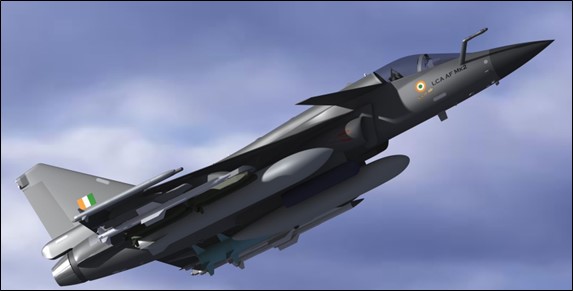
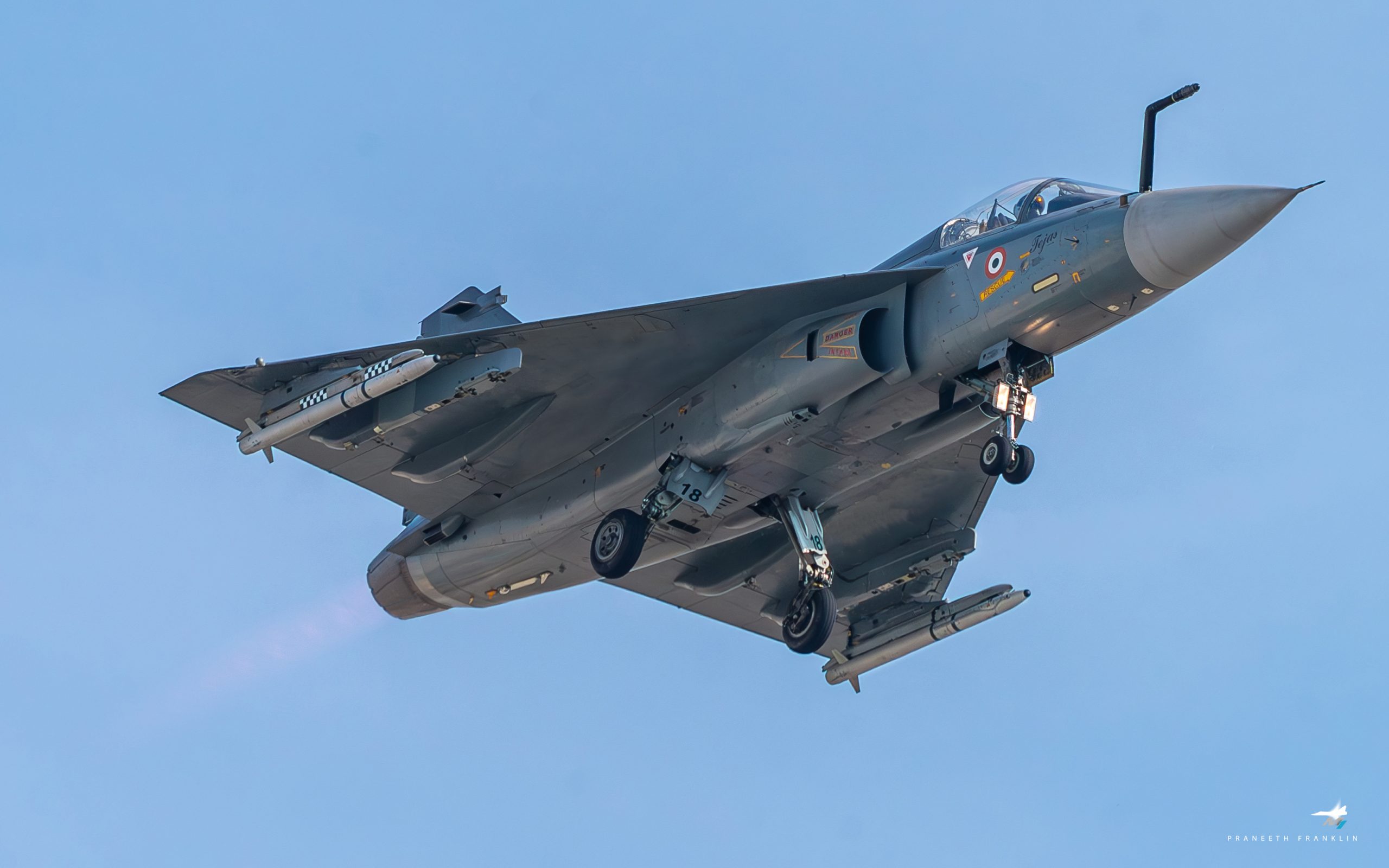
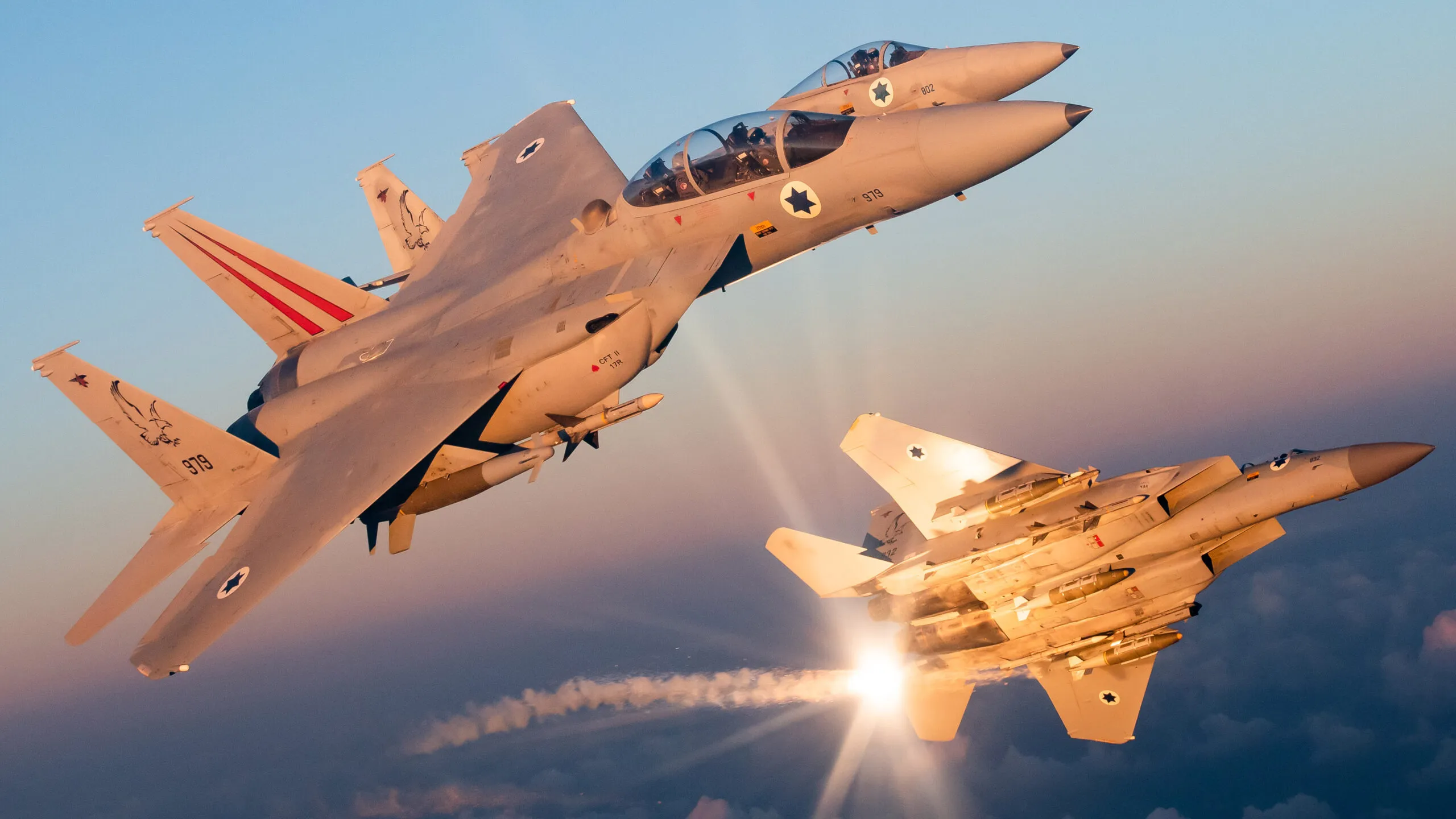



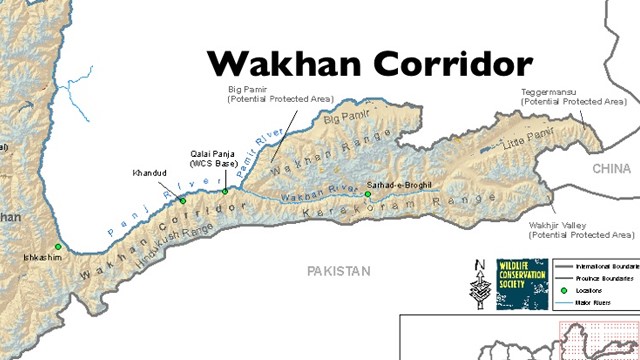


POST COMMENTS (0)